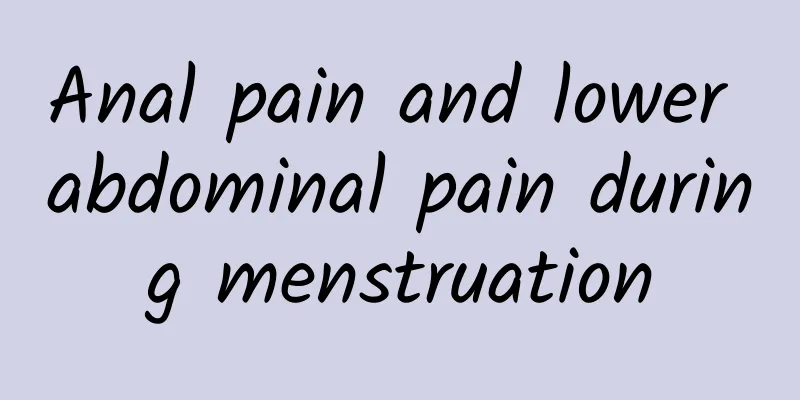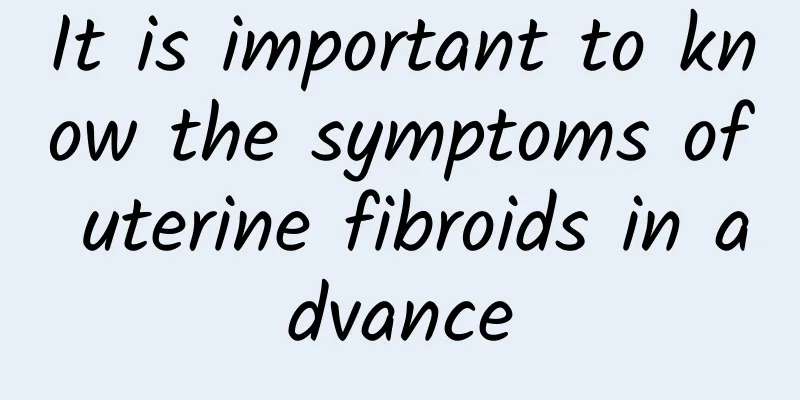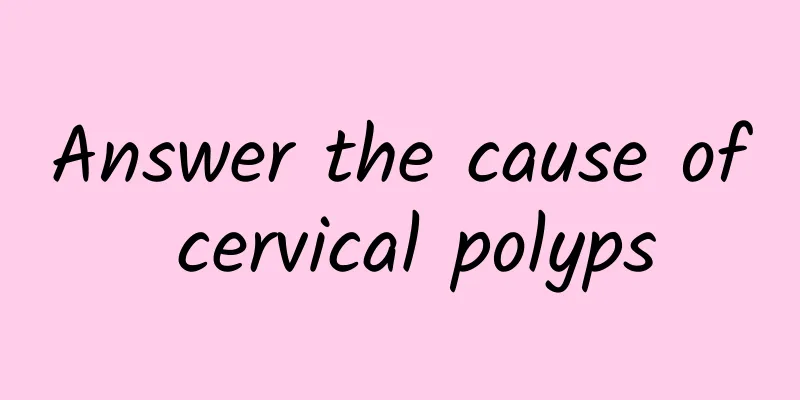Anal pain and lower abdominal pain during menstruation

|
Anal pain and lower abdominal pain during menstruation Anal pain and lower abdominal pain during menstruation are generally caused by physiological reasons such as pelvic congestion and edema. They may also be caused by pathological reasons such as dysmenorrhea and pelvic inflammatory disease. They can be improved through enhanced care and drug treatment. 1. Pelvic congestion and edema: During menstruation, changes in hormone levels in the body can cause pelvic congestion and edema, which can compress local nerves and cause anal pain and lower abdominal pain during menstruation. Strengthening care, drinking more hot water, and avoiding cold food can help improve symptoms. 2. Dysmenorrhea: Because the uterus secretes a large amount of prostaglandins during menstruation, prostaglandins stimulate the contraction of uterine smooth muscles and increase uterine tension. Excessive contraction of smooth muscles can cause uterine spasms, leading to dysmenorrhea symptoms. The pain can radiate to the anus, causing anal pain and abdominal pain during menstruation. Patients can take Yuanhu analgesic tablets, ibuprofen granules and other drugs under the guidance of doctors to relieve the symptoms. 3. Pelvic inflammatory disease: If the patient suffers from pelvic inflammation, the endometrium will be stimulated by inflammation for a long time, causing adhesions in the uterine cavity, which will affect the discharge of menstrual blood. If menstrual blood is deposited in the uterine cavity, pain symptoms will occur, manifested as anal pain and lower abdominal pain during menstruation. Under the guidance of a doctor, you can take drugs such as levofloxacin hydrochloride capsules and cefuroxime capsules for treatment. In addition to the common causes mentioned above, it may also be caused by endometriosis. If the symptoms are severe, you should go to a regular hospital in time to complete relevant examinations, clarify the cause, and actively cooperate with the doctor's treatment. |
<<: Will ovarian cysts disappear? Which type of ovarian cysts will disappear?
>>: Why do I have two periods in one month?
Recommend
Introducing common methods of regulating dysmenorrhea
Dysmenorrhea is a common phenomenon in the lives ...
What is the cause of vulvar itching and what medicine to use
What causes vulvar itching and what medicines to ...
What medicine is effective for pelvic inflammatory disease
Pelvic inflammatory disease is one of the common ...
Let's see what tests should be done for irregular menstruation?
As more and more patients with irregular menstrua...
What causes prolonged menstrual bleeding?
What causes prolonged menstrual bleeding? Imprope...
Understanding the symptoms of adnexitis is the key
Many people do not have a clear understanding of ...
What to eat after abortion to replenish the body What to eat after abortion
What to eat after an abortion to replenish your b...
Can pelvic peritonitis cause infertility?
Pelvic peritonitis is caused by other diseases an...
Immunotherapy for recurrent miscarriage
In modern life, many women suffer from multiple m...
How to diagnose cervical hypertrophy?
Early diagnosis of cervical hypertrophy is the ke...
Common clinical manifestations of cervicitis
Cervicitis is a common female disease. Clinically...
A brief introduction to several common treatments for irregular menstruation
Irregular menstruation is often caused by a disor...
What to do if you have ovulation bleeding
Ovulation bleeding is a very important thing for ...
Abortion will affect fertility
Is abortion harmful? Yes! Abortion will affect fe...
Symptoms of uterine fibroids. Will uterine fibroids cause abnormal leucorrhea?
Uterine fibroids are one of the common diseases a...









